By Sun Yanyan from CNS
Sra. Alicia Relinque Eleta, a well-known Spanish Sinologist and translator, has been studying Sinology for 47 years since 1976. She is committed to translating the monographs of ancient Chinese literary theory, novels, and Chinese drama in Yuan and Ming dynasties, such as The Plum in the Golden Vase, Romance of the Western Chamber, The Orphan of the Zhao Clan etc. She also translated Don Quixote's Chinese version by Lin Shu into Spanish, which opened up the precedent of "translating Chinese version back to Western language", arousing great echoes in the Spanish literary translation community. Spanish media published a signed article by Chinese President Xi Jinping in 2018, which mentioned that "contemporary Spanish sinologists such as Alicia Relinque Eleta keeps working", fully affirming her contribution to the promotion of cultural exchanges between China and Western countries.
What is the meaning of introducing classical Chinese literature to world readers nowadays? What are the interactions between Chinese and Western dramas in history? What does this say about the cultural exchange between East and West today? What is the value of translating the Chinese version of Don Quixote back to Spanish readers? Alicia Relinque Eleta recently accepted the interview with "W.E.Talk" of China News Service , sharing her Sinology research experience and insights on topics above.
Here are excerpts from the interview:
CNS: You began to learn Chinese language in 1976. What made you get interested in China and Chinese language?
Alicia Relinque Eleta: Since I was a child, I liked learning other languages. But when I was in high school, I had a literature teacher—my favorite teacher—who visited China in the 1970s. She came back raving about the country and spent a whole class talking about the people, the landscapes in there. Considering that if she had liked it so much, I had to get to know the country—my passion for Bruce Lee at the time, and the fact that Chinese was a very different language to mine, determined my choice.
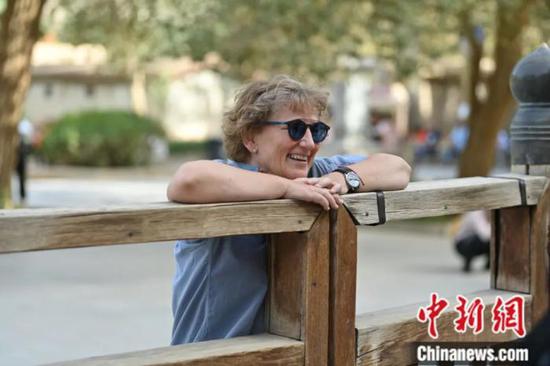
CNS: Why do you focus your Sinology research on classical Chinese literature? Why would you like to translate the theoretical works of classical Chinese literature and classical Chinese novels that are even difficult to read for many Chinese people today?
Alicia Relinque Eleta: The truth is that it was not something very conscious at the beginning. I remember the moment when my Chinese teacher, Feng Zhumei, in Madrid, showed us a poem from the Tang dynasty—unfortunately, I don't remember the poem exactly—but I do remember that it described a mountainous landscape. The feeling I had was that rather than "reading" the poem, I was contemplating it, almost like contemplating a painting. This is nothing original. Su Dongpo had already said this about Wang Wei's poems...but I didn’t know it at the time. I fell in love with the poetry of the Tang dynasty.
At that time, there were practically no translations of Chinese poetry. I thought that no one around me knew such beautiful poetry, and I decided to study it so that I could translate something and share it with them. Then, when I was studying in Paris, I had some magnificent teachers of classical literature and that determined completely my decision. When I got a scholarship to study in Peking University, there was no doubt in my mind that I should specialize in classical Chinese.
In this regard, I know that, not only in China, but practically in all countries nowadays the classical world is forgotten—it is no longer studied. But I believe that an understanding of the past is essential to human knowledge. The Spanish philosopher George Santayana said: "Progress, far from consisting in change, depends on the faculty of remembering…When experience is not remembered, as among primitive peoples, infancy is perpetual. Those who cannot remember the past are condemned to repeat it". By studying history, by reading classical literature, we learn about the past from a contemporary perspective: we can understand what happened, why, and how to avoid terrible mistakes.
And, if this does not convince the new generations to turn their eyes to the past, I would recommend reading science fiction literature as well: many of its stories construct a future where mythological figures reappear, worlds that could be modeled on stories of the past. Reading classic literature is, really, that "time travel" that so many science fiction stories propose to us.
Anyone who knows Chinese language and literature will know why. Especially Chinese classical literature offers everything anyone could wish for: knowledge about history, philosophy, language; but also entertainment with love stories, mythological tales or tales of spirits or ghosts, adventures of warriors or travelers, and so on. The language can be lofty or vulgar, making fantastic use of intelligence, humor, sarcasm and subtlety. For me, classical Chinese literature is a way to discover every day something new, to learn something new every day, and to enjoy every day.
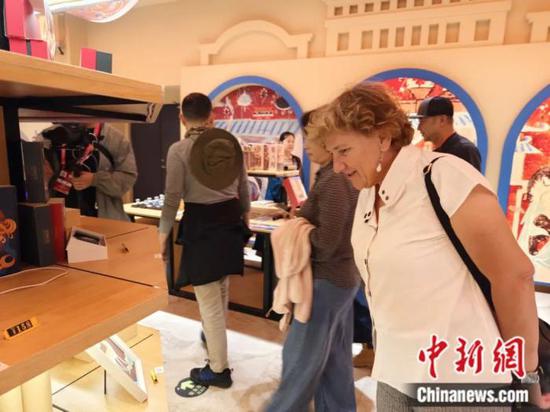
CNS: Among the "Four Classical Chinese Dramas", you have translated two of them, The Romance of West Chamber and The Peony Pavilion, both feminine novels. What motivates you to translate them to Spanish-speaking readers?
Alicia Relinque Eleta: Before translating The Romance of West Chamber, I was offered to translate either a novel or a play. The big novels were very time-consuming, so I decided to translate a Chinese play. Once I focused on translating play, I believed that I would choose some of the most representative—and complete—from an early period in the development of Chinese play. And of course, The Romance of West Chamber had to be among them.
As for The Peony Pavilion, it was Commercial Press who proposed the translation to me, bearing in mind the 400th anniversary of Tang Xianzu's death and its coincidence with the death of Shakespeare and Cervantes. The proposal seemed very attractive to me. Because, at the time, although I knew fragments of the play, I had not worked in depth with it, and I was interested in seeing the social changes reflected in the final period of the Ming dynasty.
And as I had just translated Jin Ping Mei—with a completely different register—I wanted to see how love relationships were expressed through two different genres in the same period. And it was quite a discovery. Without a doubt, I think it is a masterpiece both from a literary point of view, as well as for understanding the social changes of the time especially in terms of women as readers and writers.
CNS: Spanish drama has a history of more than 700 years, while classical Chinese drama has a history of more than 800 years even counting from the Song and Yuan Dynasty. When did the drama cultural exchanges originate from the East and the West? What impact did such exchanges have on the development of Chinese drama and Spanish drama?
Alicia Relinque Eleta: I do not think that we can talk about the "popularity of Chinese drama in Europe" during the early and middle Qing. The first Chinese play translated in an European language was The Orphan of the Zhao Clan by Ji Junxiang, by the Jesuit Joseph Henri de Prémare. It was translated into French and published in 1735. But this was because the plot was reminiscent of a story from the Bible. Later, several authors took a small part of its plot as an excuse to write other dramas, the best known of which is Voltaire's L'Orphelin de la Chine. But the result was pure Western play, with a small exotic excuse set in the East, and which had nothing to do with the different forms in China.
It was not until the beginning of the 20th century that East Asian play forms really became known in the West, while the drama forms coming from East Asia and some of its performers, such as Mei Lanfang, served as an inspiration to adopt new forms in Western drama. Bertold Brecht or Antonin Artaud were two of the dramatist and drama theorist that definitively transformed the conception of modern Western drama.
But what I personally find most interesting is that at that time, Chinese drama was transformed also by the newly incorporated forms of modern Western drama, with the incorporated performance convention of "the fourth wall" and the realism that went with it. Good examples of this can be found from the plays produced by authors of the May Fourth movement such as Mao Dun or Lao She.
This game of mirrors, in which new things emerge from the encounter of distant forms, is fascinating to me: only from the exchange of ideas, of ways of seeing the world, new things are born, and we become better.
CNS: In recent years, you have translated the Chinese version of Don Quixote translated by Lin Shu and Chen Jialin in 1922 into Spanish. What do you want to convey to your Spanish-speaking readers in this way?
Alicia Relinque Eleta: It was not really my decision, but a proposal. It was the director of the Instituto Cervantes in Beijing, Inma González Puy, who suggested that I translate Lin Shu's Chinese version into Spanish in 2016. I was not familiar with it, and I thought that, really, it would be a plot that, as had happened with Ji Junxiang's play, would have been completely transformed. My surprise was to see that, despite the title, Lin Shu's translation is quite faithful to Cervantes's original Don Quixote.
I think that reading Lin Shu's version provides a new look at Cervantes's work. It is also useful to refresh the memory of the original Quixote, and to understand some of the resources that we translators use...In any case, I think it is a very entertaining reading. A Spanish reader told me that he had more fun reading Lin Shu's version than Cervantes's. And I enjoyed—sometimes suffered—a lot during the translation work, and my admiration for Lin Shu grew even more. I would like to add that the severe criticism to Lin Shu's translation is totally unjustified to me, because he manages to capture the essence of the novel, and gives Don Quixote a lot of dignity, while showing us his most romantic side.
CNS: Based on your experience and observation, to which degree do Spanish speakers embrace Chinese culture in recent years?
Alicia Relinque Eleta: As for Spain, I think that in the last fifteen years the knowledge of Chinese culture, and of China in general, has increased a lot. I am convinced that an important part of this greater knowledge is due to the opening of the Confucius Institutes, but also to a literary phenomenon of recent years, the discovery of great science fiction authors such as Liu Cixin or Xia Jia. The reason why Chinese literature became popular in Spain is not because it is "Chinese" literature, but "literature", which can be Chinese, American, English and also translated versions. On the other hand, also and partly thanks to comics and video games, historical characters who are also literary characters—such as Liu Bei, Cao Cao or Zhuge Liang start to be recognized by young people who approach their adventures with new interest. It is amusing to see how this games and new tools helps to bring us closer to the past which, in turn, helps us to understand that future.
Unfortunately, knowledge of Chinese culture in Spain is still far from what it should be, and some prejudices that are difficult to eradicate are still in place. But despite of this, I think we are improving little by little.
Sra. Alicia Relinque Eleta, a well-known Sinologist and translator in Spain. She is currently a professor at the Department of Philosophy and Language at the University of Granada in Spain, a professor of lecturer、the Master of East Asia Research project leader at Guangdong University of Foreign Studies. She was the dean of the Confucius Institute in Granada, Spain.
Alicia Relinque Eleta has long been committed to translating the monographs of ancient Chinese literary theory, novels, and Chinese drama in Yuan and Ming dynasties.
Edited by Wang Zonghan
2023.10.13








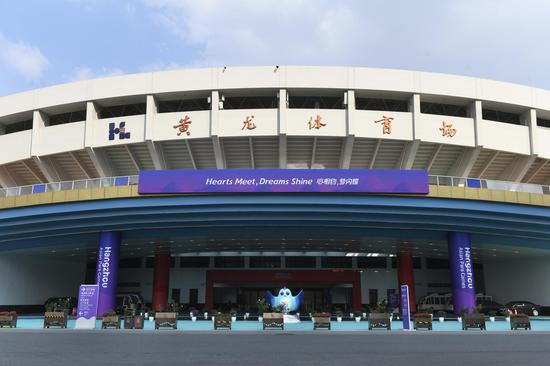
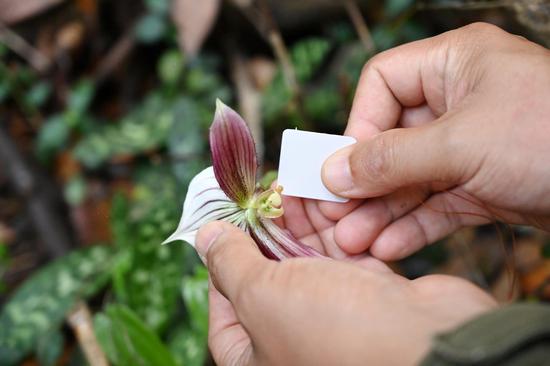



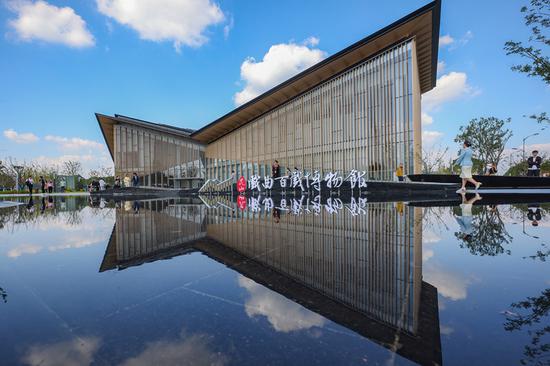

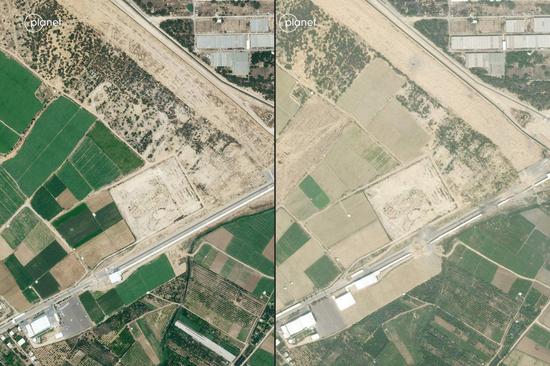



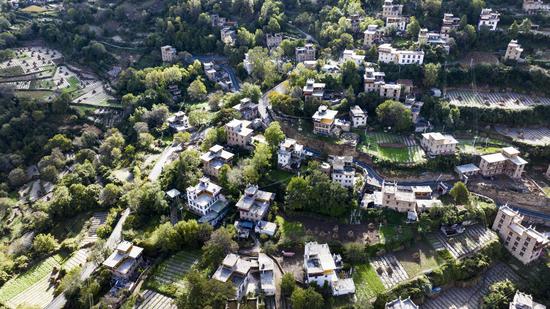

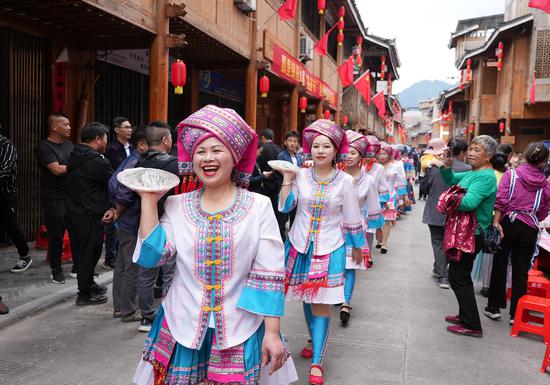

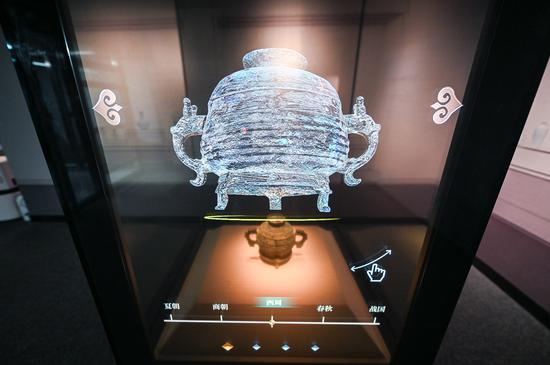




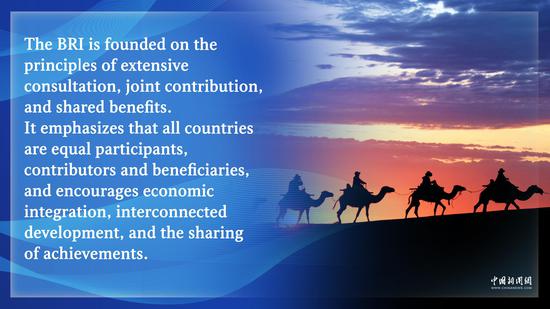

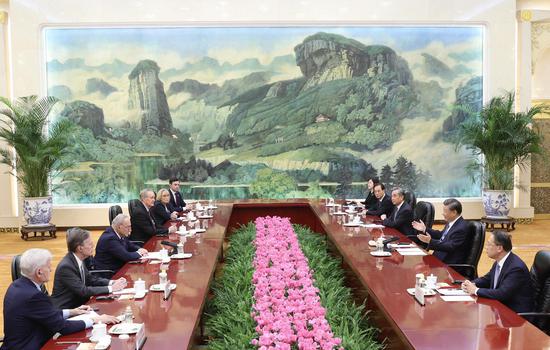

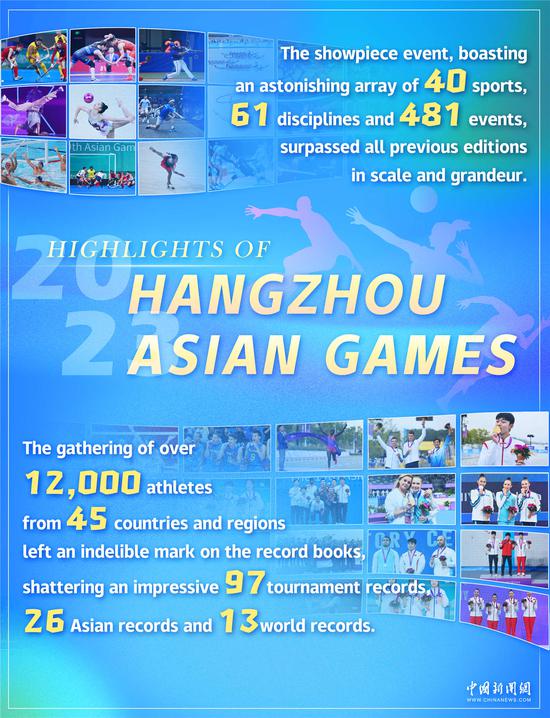
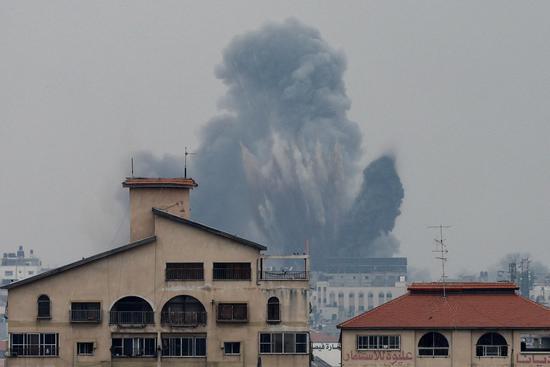


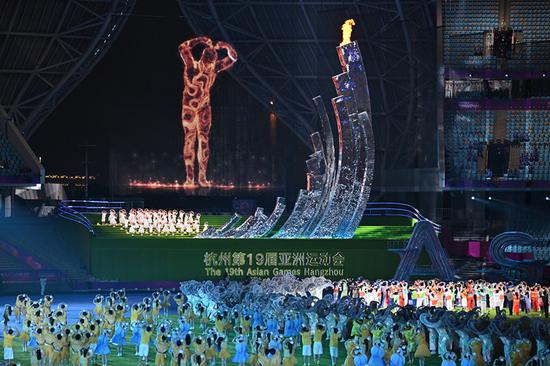
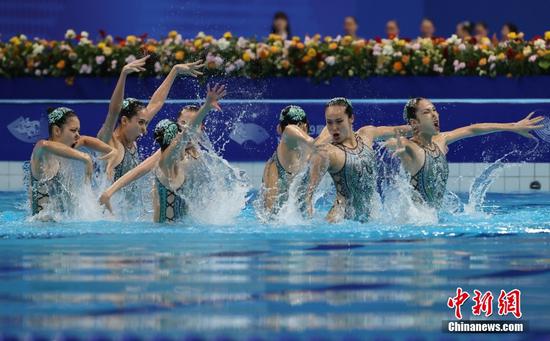

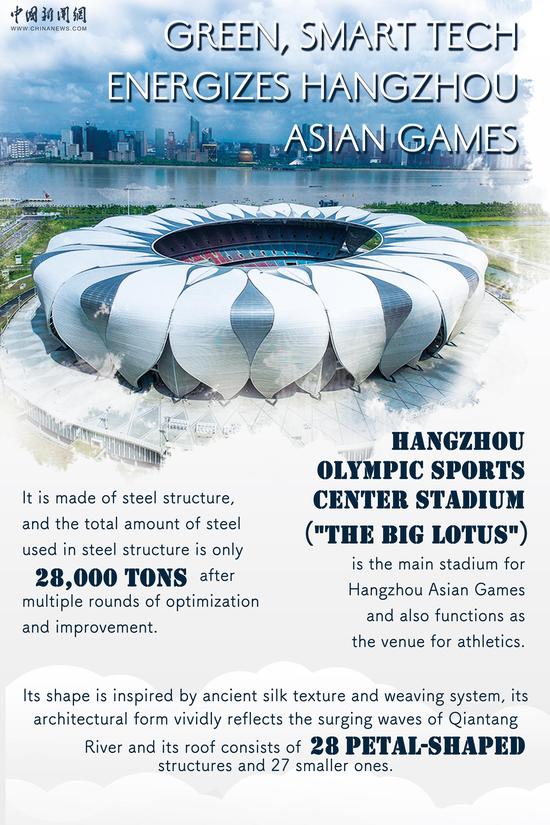
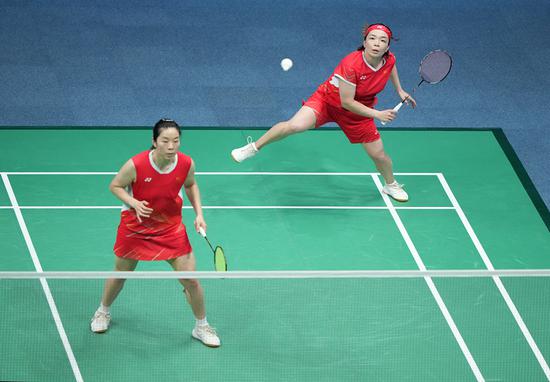
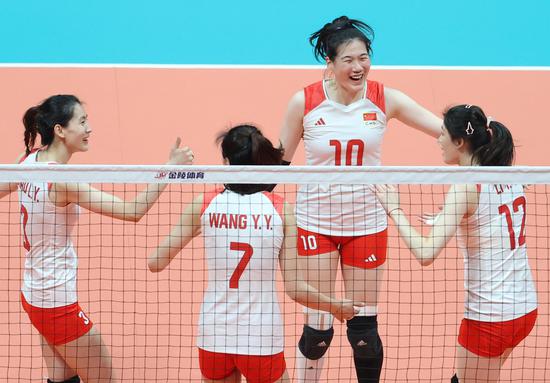

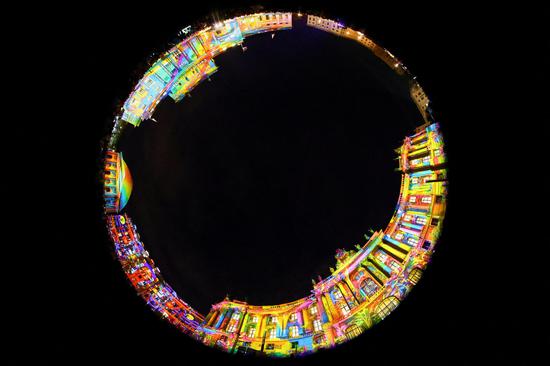
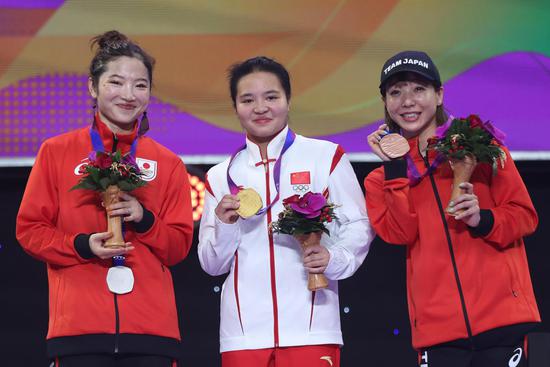





 京公网安备 11010202009201号
京公网安备 11010202009201号